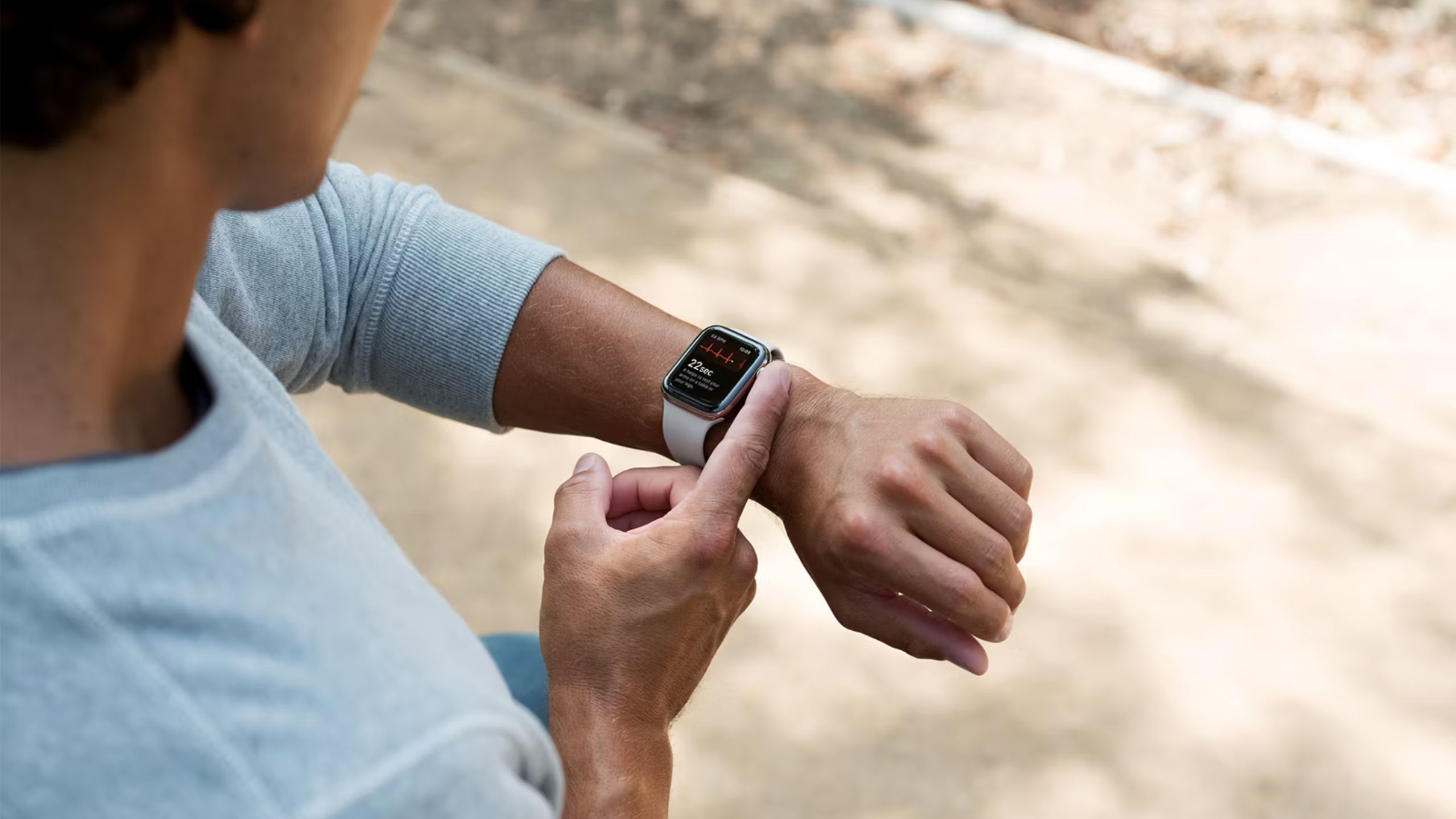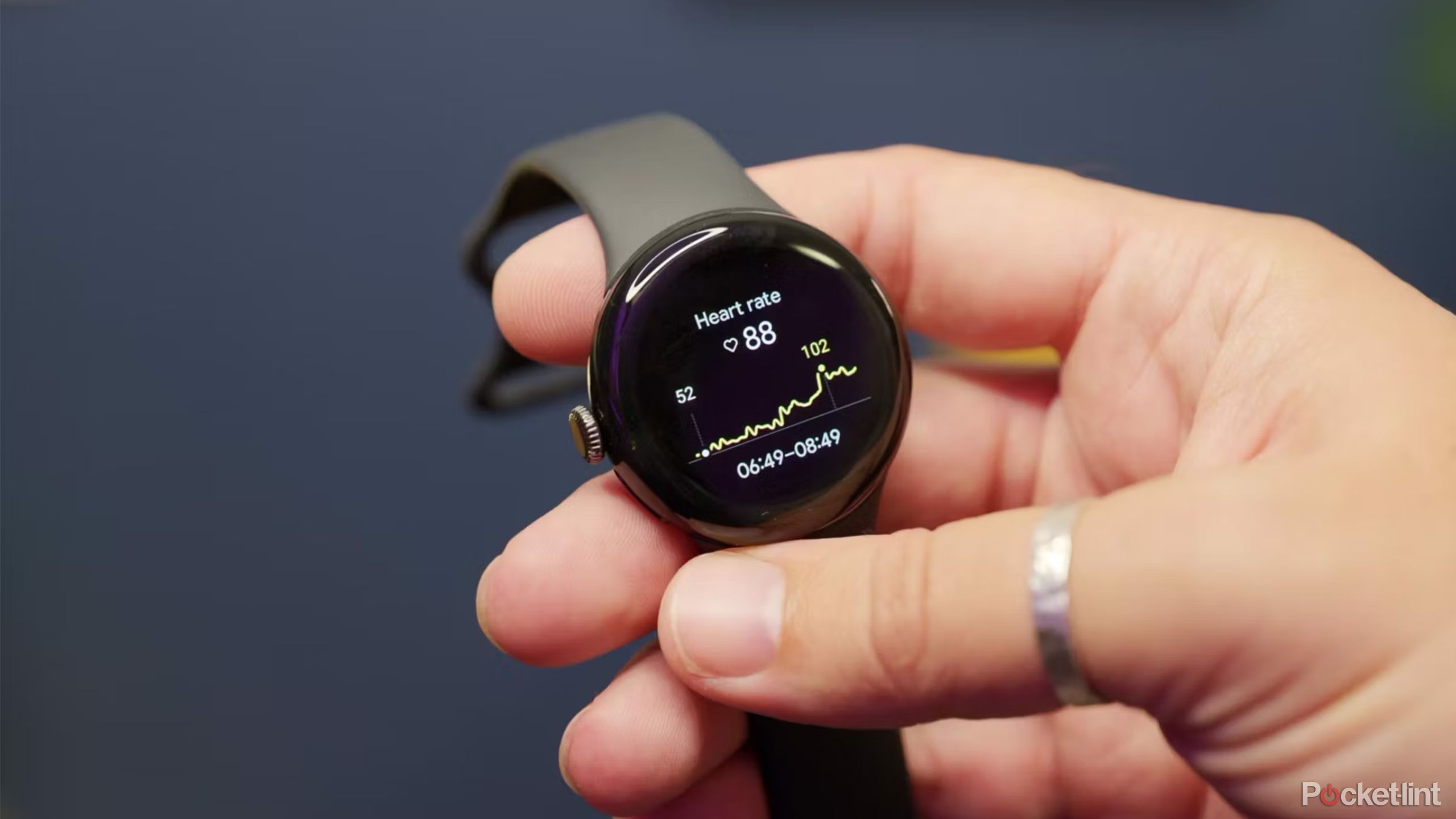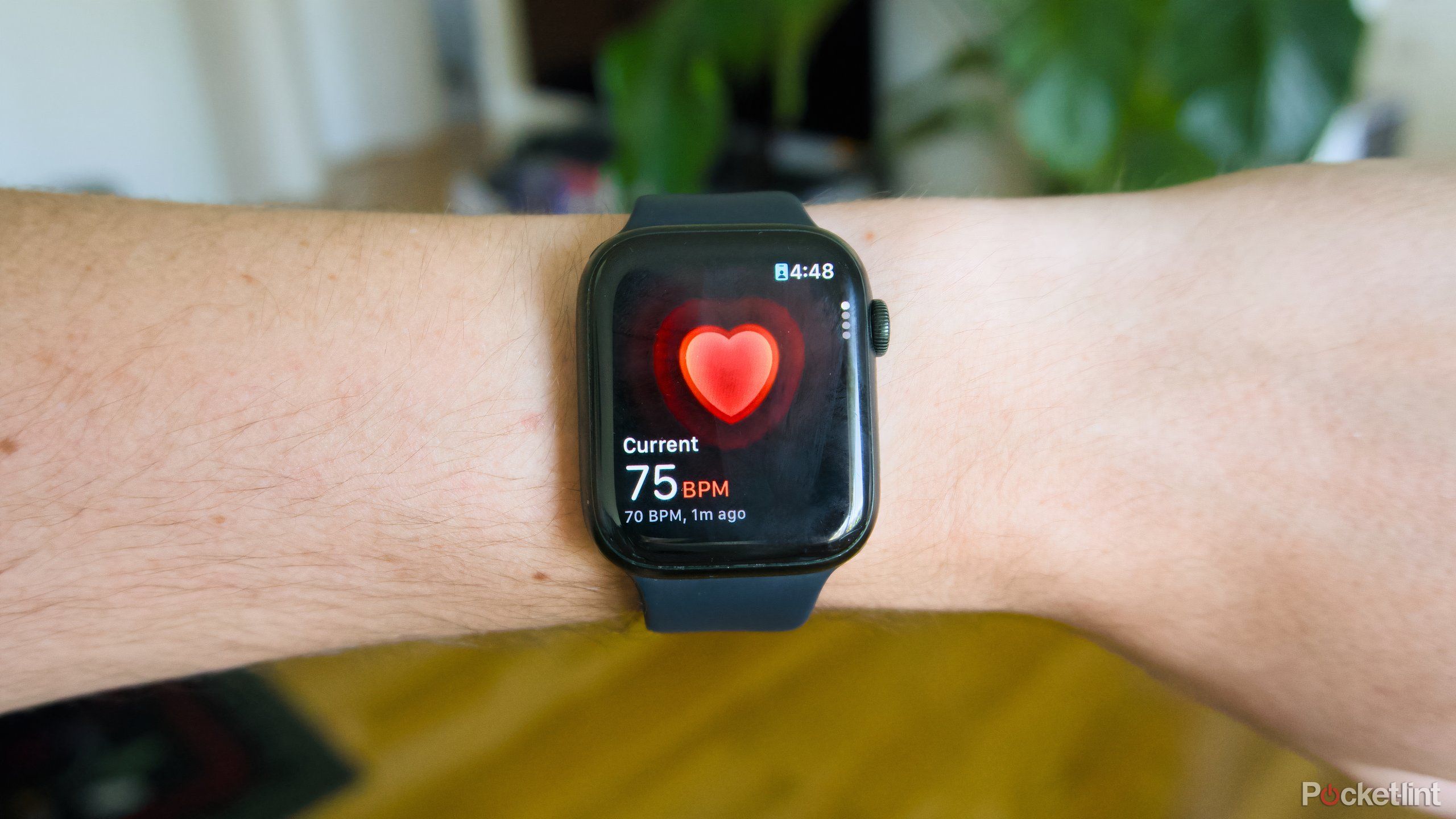Key Takeaways
- A study in the Journal of the American Heart Association found a link between smartwatches and patients suffering from anxiety.
- Patients with atrial fibrillation who used wearable devices were more likely to be distracted by their symptoms and used healthcare services more frequently.
- More education is needed about smartwatches and the psychological impact they have on users.
It’s no secret that one of the reasons Apple sells the Apple Watch is because of its ability to save lives: In at least two different ads, the company has quite subtly suggested that people would die if they weren’t wearing an Apple Watch.
Features like automatically calling emergency services after a car accident or fall can go a long way in keeping people safe, but preventative health features to identify chronic cardiovascular health issues could be just as impactful, if not more so, and have proliferated in the smartwatch space since Apple began pushing them.
According to a new study published in the Journal of the American Heart Association entitled “Wearable Devices, Healthcare Use, and Mental Health in Patients with Atrial Fibrillation,” the widespread use of wearables may not be all good. Specifically, for patients with atrial fibrillation (AFib), an irregular heartbeat in the upper atria of the heart, wearing a smartwatch could increase the stress and anxiety caused by their condition, further straining the healthcare system.
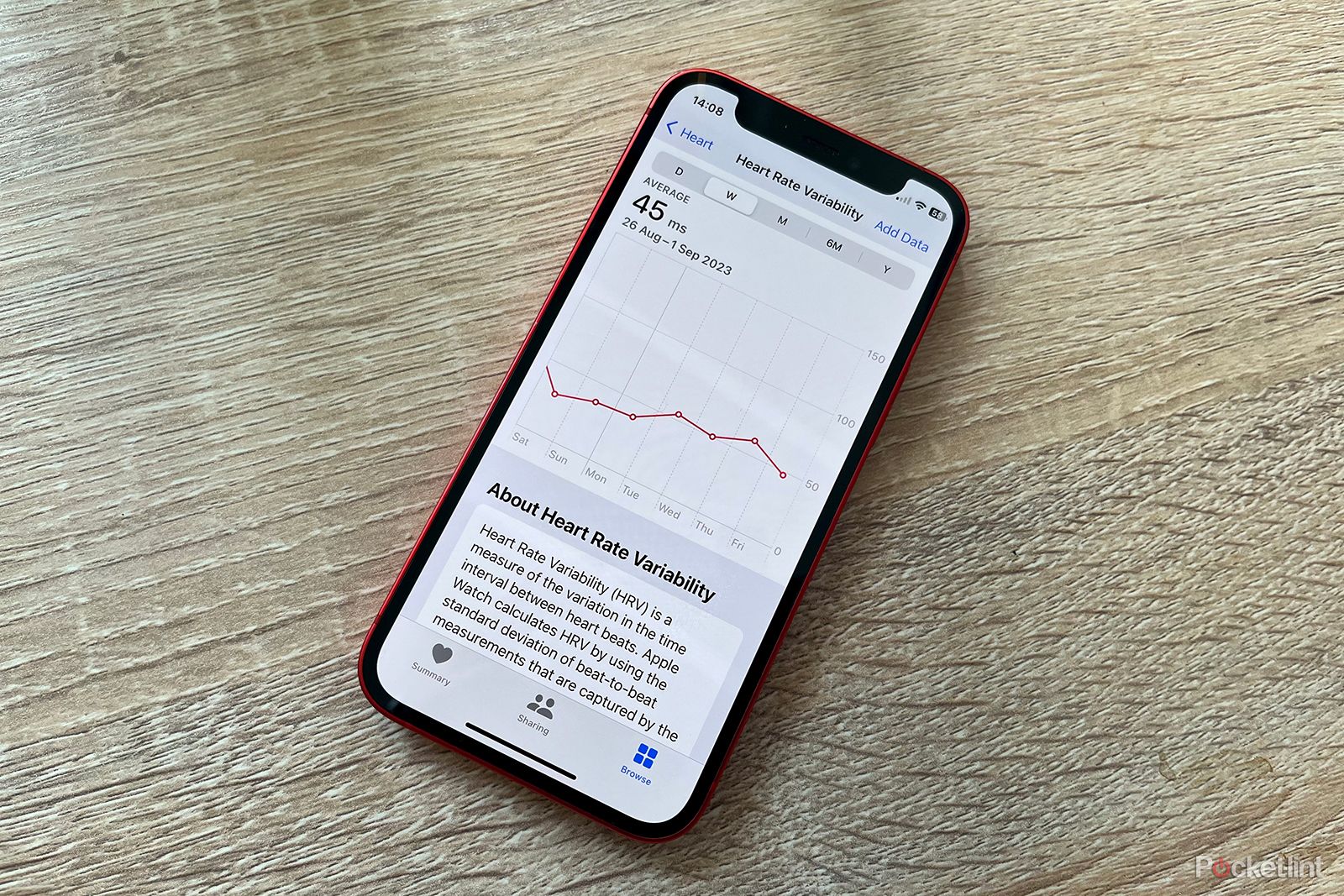
Related
What is heart rate variability (HRV) and how does Apple Watch measure it?
Heart rate variability can be affected by stress, fitness, and health conditions. Here’s how to track your heart rate with Apple Watch:
Organizing data
How do you use the information your watch is telling you?
apple
The amount of raw data smartwatches collect naturally raises questions, according to Dr. Lindsay Rothman, one of the study’s researchers and an assistant professor of medicine in the department of cardiology at the University of North Carolina School of Medicine.
“I run a clinic where I see patients referred by cardiologists one day a week, and over the years I’ve noticed an increase in patients coming into my practice with a lot of questions and concerns about the information they’re getting from wearable devices,” Dr. Rothman says.
These anxious patients led Dr. Rothman and her colleagues to conduct a case study to explore this issue, which uncovered similar trends: “So we wanted to recruit a larger sample to better understand whether people who use wearables have more anxiety about their heart and their devices than people who don’t,” she says.
Smartwatches provide a lot of information with very little context, which can be stressful in itself, and according to Dr. Rothman, “patients with cardiovascular disease have higher rates of anxiety than those without cardiovascular disease. Explaining what causes stress or anxiety can make it easier to avoid them and prevent further strain on the healthcare system that serves these patients.”
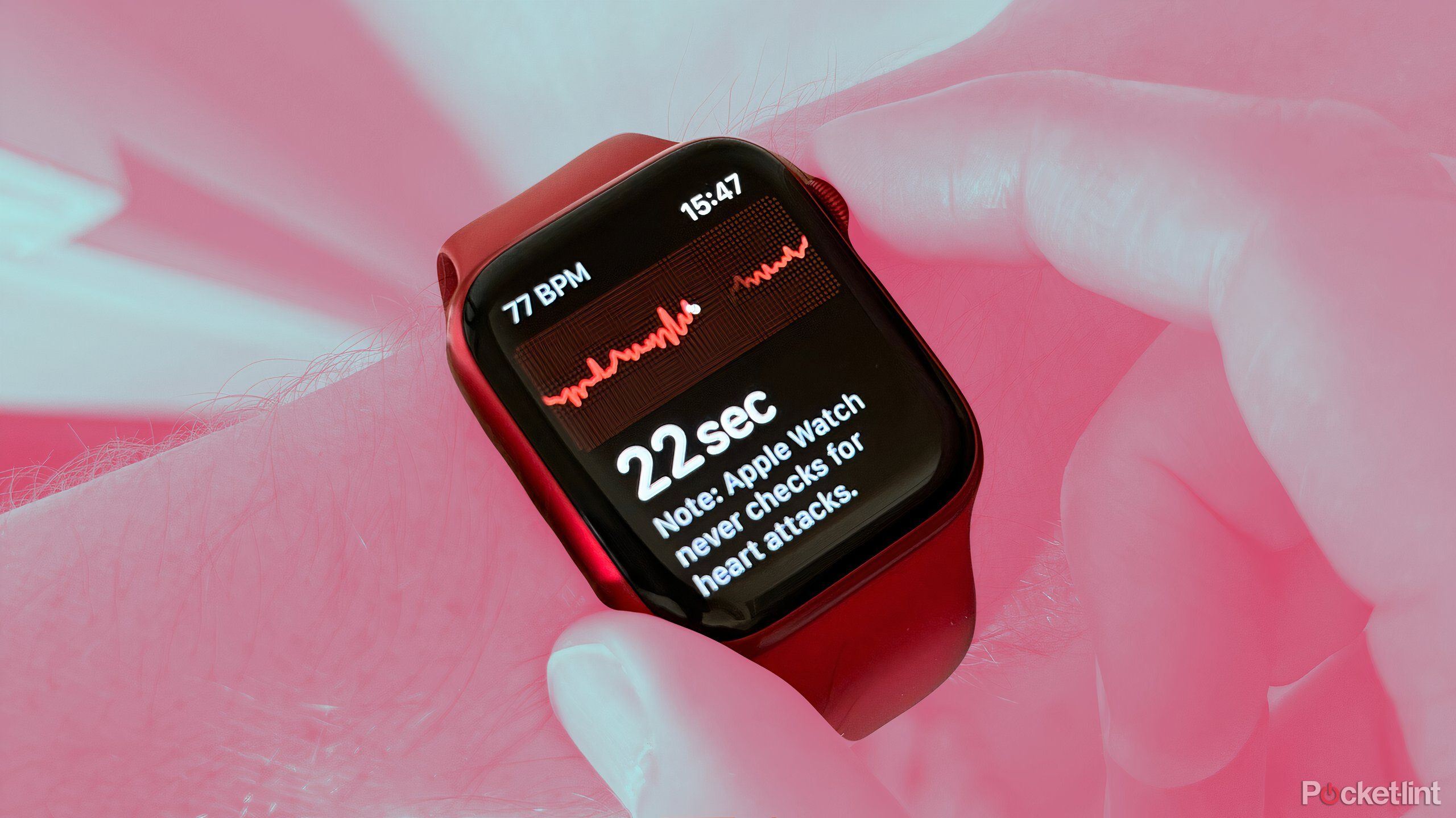
Related
What is Apple Watch ECG? Tips for setting up the heart health feature
Everything you need to know about Apple’s ECG heart feature, including its limitations.
Linking smartwatch ownership to healthcare usage
The study that Dr. Rothman and his colleagues built ultimately combined information from electronic health records (EHRs) and multiple surveys and questionnaires to analyze 172 different patients with atrial fibrillation, 83 of whom owned or used a smartwatch.
How these patients accessed and used the health system formally (appointments, procedures, etc.) and informally (patient portal messages, doctor calls, etc.) as well as a psychometric profile were established and statistical analyses were applied to the results.
Patients using wearable devices were also found to be more concerned about their atrial fibrillation treatment in general.
Using the survey data, Dr. Rothman’s team was able to determine when smartwatches were purchased and how healthcare utilization changed since patients began using the watches. Of course, there are some limitations: it’s unclear why these patients purchased wearables in the first place, and there may be selection bias in the sense that the study included wearable users who may already be disproportionately concerned about their heart. But the findings presented in the study are still enlightening.
Smartwatches impact anxiety and healthcare utilization
Wearables impact patient relationship with symptoms
The study found that “those who used wearables had higher mean scores on measures of cardiovascular symptom monitoring and concentration than patients who did not have wearables. Patients with wearables were also found to be more concerned about their atrial fibrillation treatment in general.”
And all of these results were without clear differences between patients: “When we looked at the psychological profile of patients with generalized anxiety disorder and depression, we found no differences between wearable device users and non-users,” says Dr. Rothman. “The only psychological differences were higher preoccupation with symptoms and dissatisfaction with current cardiovascular treatment.”
Wearables will impact healthcare access
How patients feel about their condition also influences how they interact with the healthcare system: “Patients wearing wearables were significantly more likely to receive electrocardiograms, echocardiograms/transesophageal echocardiograms, and ablation procedures compared with non-wearable patients,” the study states.
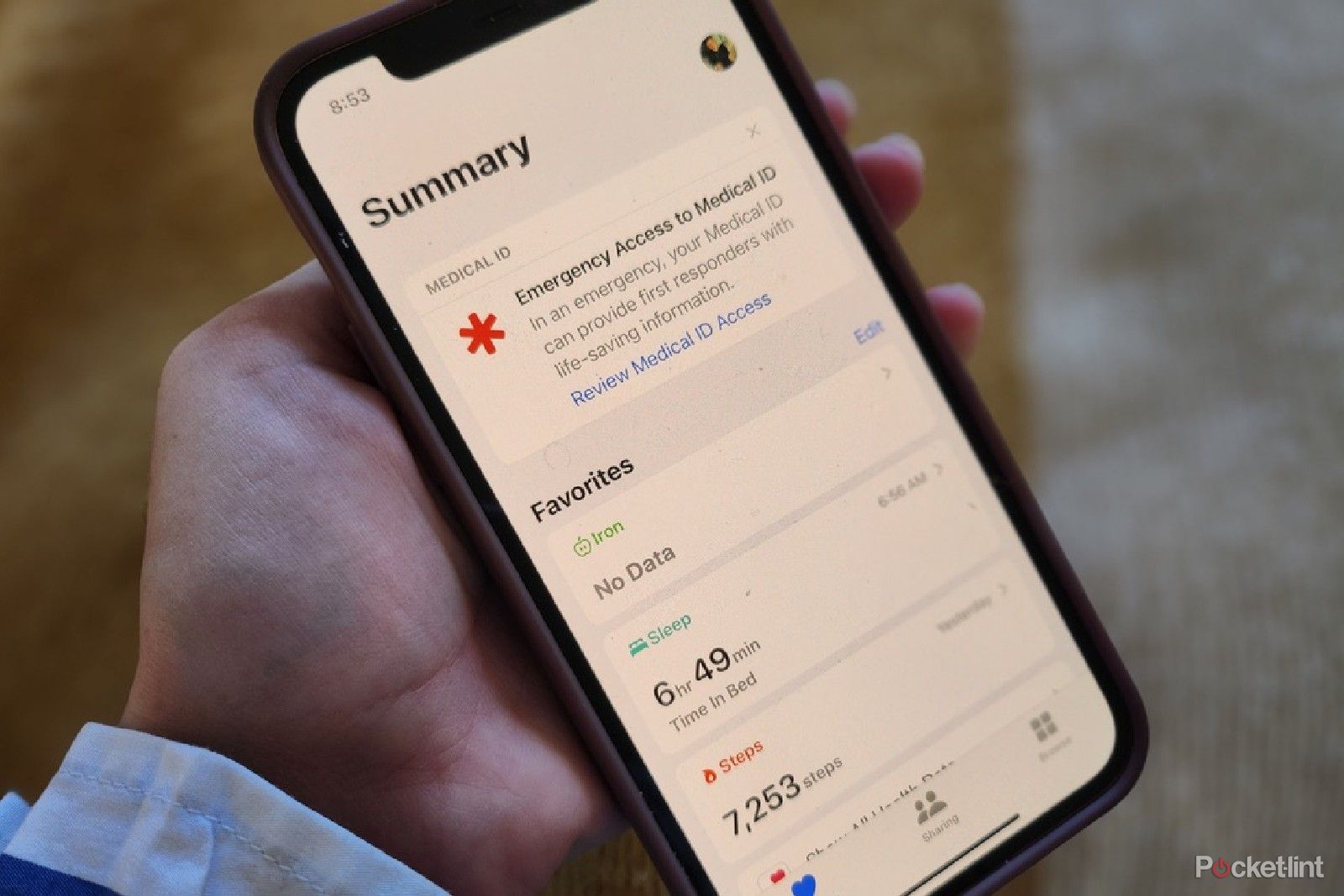
Related
4 features of the Apple Health app you can use even without a smartwatch
The Apple Watch isn’t the only way Apple users can track and develop healthy habits, and this built-in iPhone app is effective and easy to use.
Wearable users were also much more likely to use informal health resources and sent significantly more messages to their providers than patients without wearables. According to Dr. Rothman, these messages and calls “take up a lot of time for providers, time that typically isn’t compensated.” This extra work can have a significant impact on physicians and contribute to higher levels of burnout over time.
Not everyone benefits from a smartwatch
We need to have a better understanding of what smartwatches can do.
“If you think about it, being constantly reminded that you have heart disease can have a significant negative impact on your quality of life,” says Dr. Rothman. And that’s really the crux of the study: Patients already knew they had atrial fibrillation, but smartwatches and fitness trackers reminded them of the irregular heartbeat. The result was likely increased stress and anxiety about a disease they were already treating, as well as additional time for healthcare workers struggling to keep up with demand.
These patients already knew they had atrial fibrillation, but a smartwatch or fitness tracker would be a reminder of the irregular heartbeat.
Dr. Rothman said the study has limitations and is not conclusive evidence that wearables are making patients anxious, but rather demonstrates a link between wearables and people with atrial fibrillation. But he hopes it will address those limitations and spark interest in “powered randomized trials” that can “get more clear about whether these devices are causing anxiety.”
And if this goal has any urgency, it’s because the number of wearable device users is only going to grow. “You’re going to need systems to manage a lot of data,” Rothman says. That could mean something like the device clinics that were set up to manage the new information generated when pacemakers became widespread, or it could mean simply encouraging patients not to wear smartwatches unless they’re actually beneficial.
Healthcare providers and patients alike need to be educated about what these devices can and cannot do.
“There’s been a lot of talk in the last few years about ‘wearables are great for everyone,’ but I don’t think that’s necessarily the case,” says Rothman. While some people (64% of wearable wearers in Rothman’s study) may feel safer and more informed when they wear a smartwatch, there may be an equal number who don’t benefit from the cues that smartwatches provide.
While it’s helpful to determine whether smartwatches cause anxiety, we also need a deeper understanding of what these devices do. “Professionals and patients need to know what these devices can and can’t do,” says Dr. Rothman. Companies like Apple need to be more clear about what the Apple Watch tracks and what health conditions it can actually identify, and healthcare professionals need to know best practices for these tools and how to ensure patients don’t get overwhelmed by them.
Until then, as wearables grow more popular and get more advanced features, the noise will only get louder — and if that noise is on the wrong wrist, it could end up annoying everyone even more.


